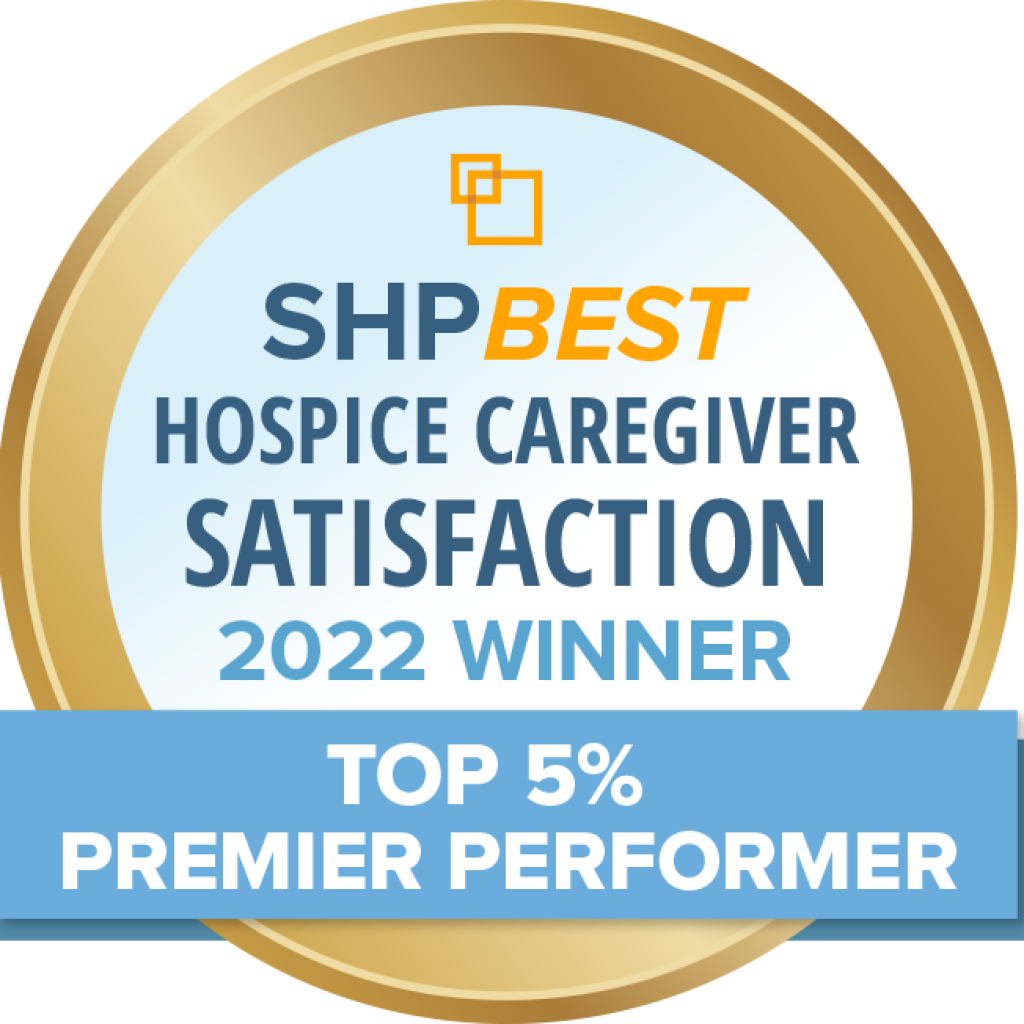Tests that focus on memory and thinking are some of the main components to evaluating people for dementia and symptoms of Alzheimer’s disease. However, there is no single assessment that will accurately diagnose Alzheimer’s. It is through a series tests, scans and a comprehensive symptom evaluation that doctor’s can begin to even identify a diagnosis. These methods may still only determine that a person has dementia, or if the dementia is a sign of Alzheimer’s disease. Unfortunately, the disease itself can actually not be diagnosed with complete accuracy until after death.
Various tests are available that challenge cognitive brain function and specifically look for the signs and symptoms of early Alzheimer’s disease. Recent data and studies suggest that there is a new assessment available that can efficiently test people for decline in cognitive abilities. This test is called the Self-Administered Gerocognitive Examination, or SAGE.
There are many differences between SAGE and tests controlled by doctors in an exam room. SAGE is self-administered, so anyone can complete the evaluation on their own time, in the comfort and convenience of their home. The 22 question test takes about 10 to 15 minutes to complete, and draws on a variety of mental skills. The test includes, but it not limited to, areas of focus like problem solving, verbal fluency, reasoning and visual perception. Once complete, the participant can take the test results to their doctor and review the findings.
Although SAGE will not identify early Alzheimer’s, it does accurately recognize symptoms that can lead to dementia, and can open lines of communication about early intervention. This is significant for several reasons. First, very early signs of cognitive decline are oftentimes overlooked in an exam room. Secondly, it enables doctors to intervene with appropriate treatments before degenerative brain disease develops. Cognitive decline and symptoms of dementia are far easier to control when caught early.
Research suggests that SAGE will identify nearly 80% of people who have memory issues. Other studies conclude that the results of SAGE correlate well with more intense, detailed testing methods. This isn’t to say that the test supersedes all other brain imaging testing measures typically used to diagnose cognitive conditions. However, it is an easy, non-medical way to ease into a dialogue with a doctor and a loved one about the potential serious medical problems that can result from not catching signs and symptoms early enough.
Patient services are provided without regard to race, color, religion, age, sex (an individual’s sex, gender identity, sex stereotyping, pregnancy, childbirth and related conditions) , sexual orientation, disability (mental or physical), communicable disease, or national origin.
Read our Notice of Nondiscrimination here.
© 2025 AT Home Care & Hospice
All Rights Reserved
All Rights Reserved



